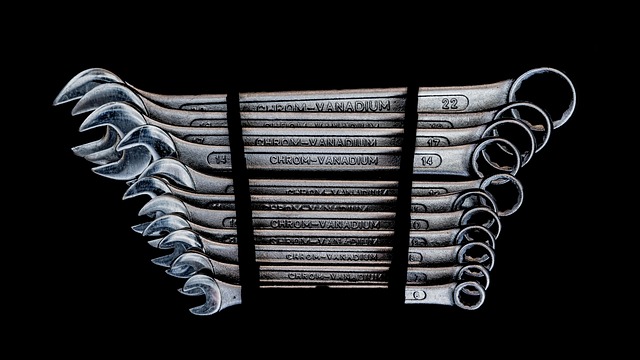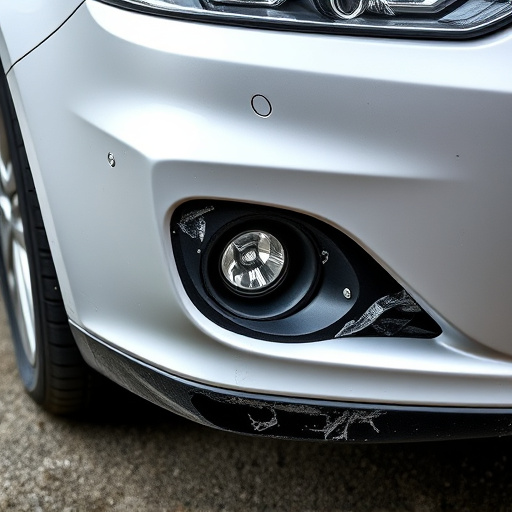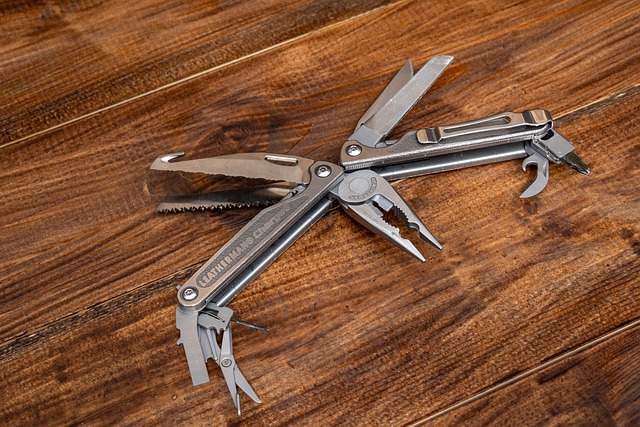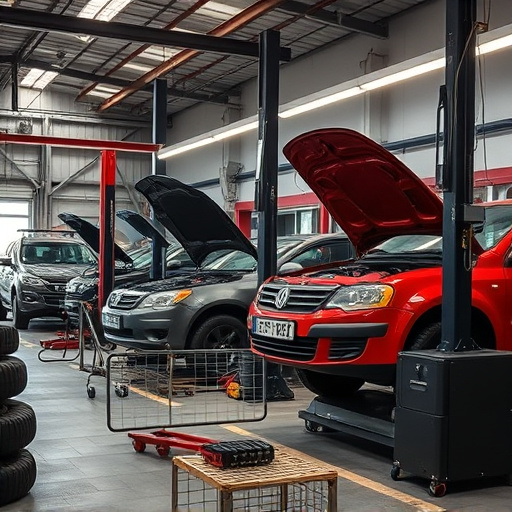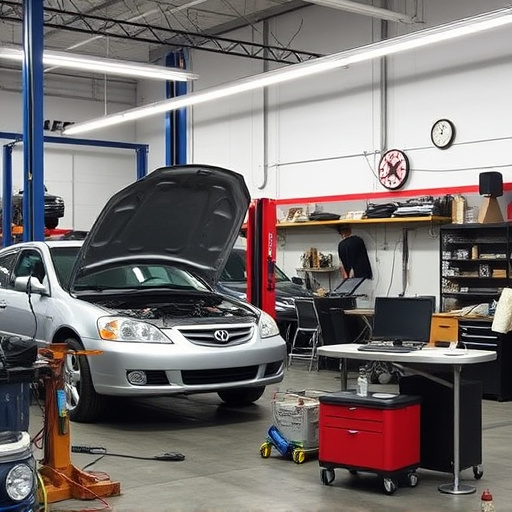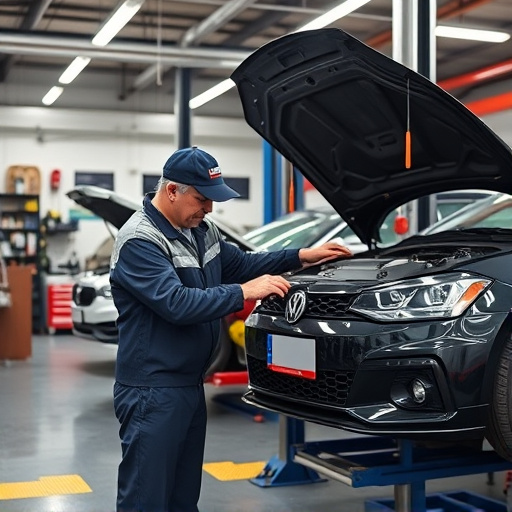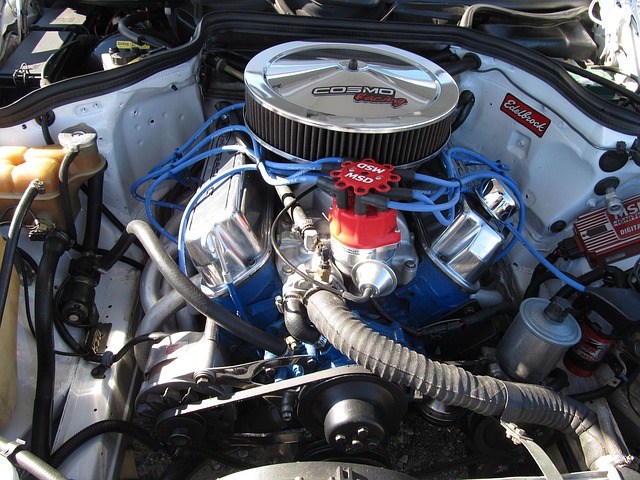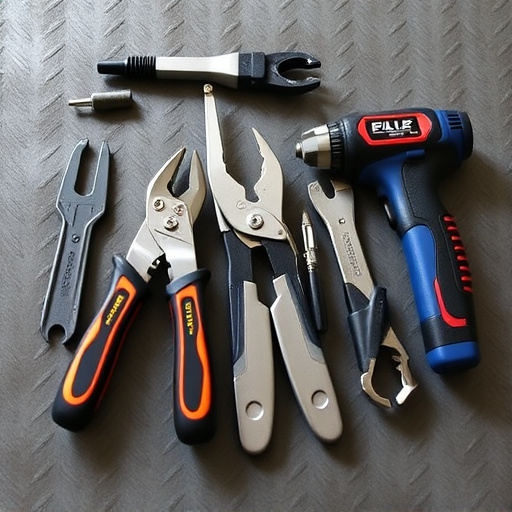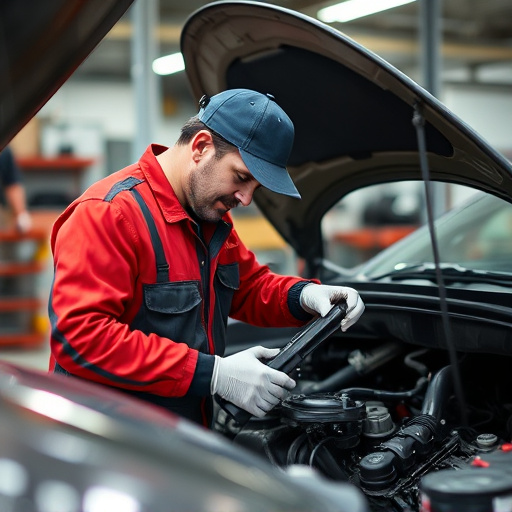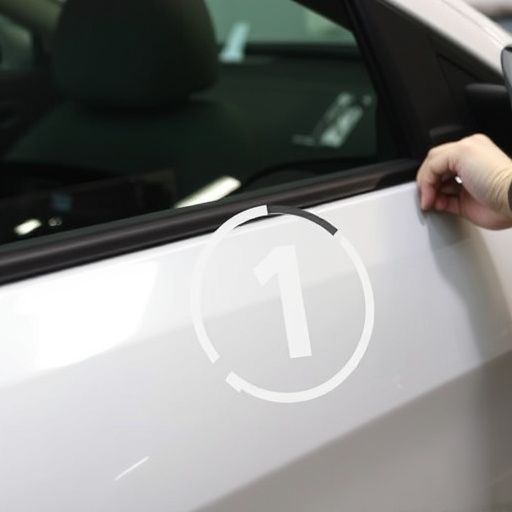Collision repair cost varies based on insurance policies, deductibles and vehicle type, with centers restoring damaged vehicles to pre-accident condition. Understanding deductibles is crucial for informed decisions about insurance and local auto repair services. Different collision repair cost policies cater to various needs, ensuring peace of mind and protecting the financial value of vehicles post-accident.
“Unraveling the complexities of insurance and collision repair cost coverage is essential for every vehicle owner. When accidents occur, understanding your policy becomes critical. This article guides you through the process, starting with a clear definition of collision repair and its potential costs. We’ll delve into deductibles—a key factor in coverage—and explore various policy types. By the end, you’ll be equipped to navigate insurance claims, ensuring you receive adequate compensation for collision repair expenses.”
- What Is Collision Repair and Who Covers It?
- Understanding Deductibles and Their Role in Coverage
- Navigating Different Types of Collision Repair Cost Policies
What Is Collision Repair and Who Covers It?

Collision repair refers to the process of restoring a damaged vehicle to its pre-accident condition. It involves various tasks such as straightening bent frames, replacing cracked or broken parts, and repainting to match the original color. This type of repair is crucial for both safety and aesthetic reasons, ensuring that vehicles are roadworthy and look their best.
When it comes to who covers collision repair cost, it typically depends on several factors. Many vehicle owners have collision insurance as part of their comprehensive policy, which can help cover these costs. Additionally, if the accident was caused by another driver, their liability insurance may step in. Collision repair centers, also known as auto body repair shops, play a vital role in facilitating this process, offering professional services for car restoration and ensuring vehicles are brought back to their original state.
Understanding Deductibles and Their Role in Coverage

When navigating collision repair cost coverage, understanding deductibles is a crucial step. A deductible is the amount you agree to pay out-of-pocket for repairs before your insurance covers the rest. It acts as a financial buffer between you and the insurer, playing a significant role in determining the overall cost of auto body work. Higher deductibles typically result in lower monthly premiums, making it an important consideration when comparing collision coverage plans.
Knowing your deductible is vital, especially when considering options like an auto repair near me or exploring auto maintenance services. It’s not just about finding affordable fender repair; understanding how deductibles impact your financial responsibility during a claim can help you make informed decisions regarding your insurance policy.
Navigating Different Types of Collision Repair Cost Policies

Navigating different types of collision repair cost policies is a crucial step in ensuring your vehicle’s financial protection after an accident. These policies can vary widely, each offering unique coverage for various aspects of collision damage repair. Some policies focus on comprehensive coverage, encompassing all expenses from parts replacement to labor costs, providing peace of mind for those who value hassle-free repairs.
Others may opt for more tailored approaches, catering specifically to classic car restoration or specialized vehicle restoration needs. Understanding these distinctions is essential in selecting a policy that aligns with your vehicle’s value and the extent of potential collision damage repair required. This proactive approach allows you to make informed decisions, ensuring your investment in your vehicle is safeguarded effectively.
Understanding collision repair cost coverage is essential for anyone looking to protect their investment. By navigating different policies, deducing deductibles, and grasping who covers these costs, you can make informed decisions that best suit your needs. Remember, knowing the intricacies of insurance claims and collision repair can help you avoid unexpected financial burdens and ensure a smoother process during times of automotive distress.
